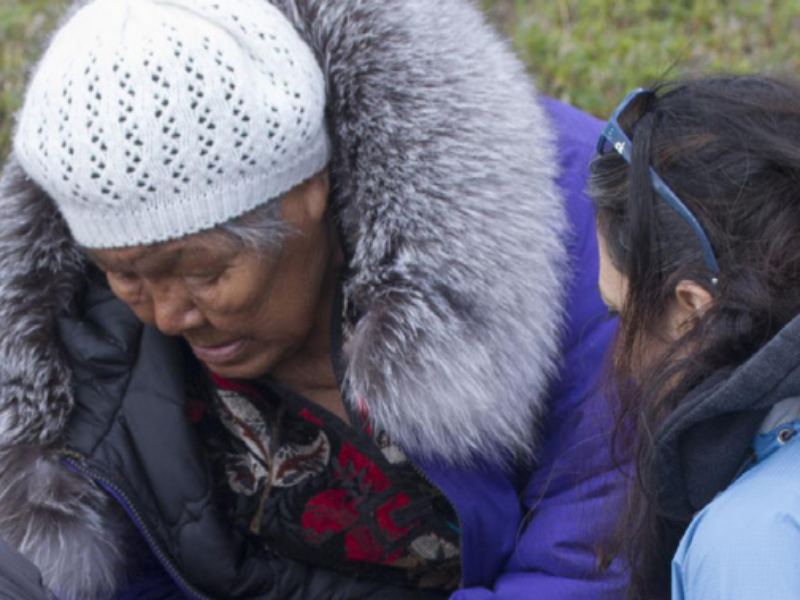On the other side of the screen: Nurse educators’ perspectives on online experiential learning during the pandemic
In this research, we analyze the findings of our interviews with 20 nurse educators from across Canada to explore the challenges, opportunities, and innovations related to experiential learning during the pandemic. How do nurse educators in Canada believe training during the pandemic impacted their students’ workplace readiness? Since online learning tools are here to stay, how can they be leveraged to support nursing students’ education? What social and emotional skills are best developed through in-person learning rather than in virtual classrooms? Read the issue briefing to get our full analysis.

Key insights
Most nurse educators agree that some theory courses and some basic elements of clinical and lab training can be done online. However, virtual training and simulations fall short of preparing nursing students for the job.
Many nurse educators fear that too much time in virtual classrooms and simulations limits the development of nursing students’ social and emotional skills, like resilience, communication, and adaptability.
Despite their shortcomings, online learning tools are likely here to stay, according to most nurse educators. These tools can be especially useful in theory courses and make learning flexible and more accessible for some students.




